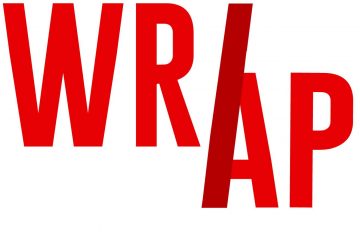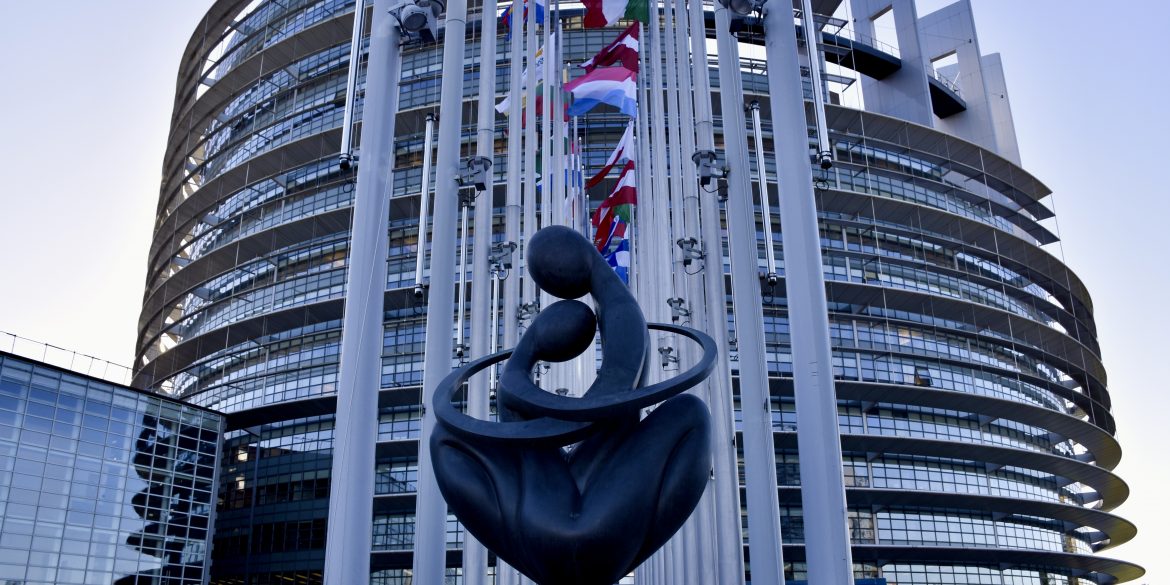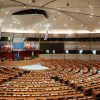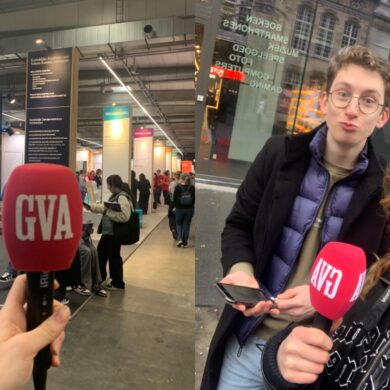Throughout the course of the past year, the peace in Europe has been challenged, which led to many changes in the international trade of each country. The war between Russia and Ukraine has had a massive impact on the whole continent’s economy. Rapid developments of the war and the following energy crisis led to a major realisation: European countries are highly dependent on the Russian energy supply. Due to the gravity of the situation, changes have to be made quickly, and other energy resources have to be found. One of those resources could eventually be in near reach: the North African region.
In a publication of ‘Talks about Europe’, financed by the European Commission, the aspiration to become independent of Russian suppliers was discussed. “The Russian Federation is a dominant supplier of gas to the European Union, providing about 38 % of the demand. On 8 March 2022, the European Union proposed a plan to make Europe independent from Russian fossil fuels before 2030.” Since the attack on Ukraine, gas imports from Russia have been highly reduced. And because of the war, the cooperation between the superpowers in the world is under pressure. The consequences of that pressure lead to needed cooperation with other continents, like Africa.
International relations
While ending the dependence on Russian supplies, Europe looks for different ways to replace Russia. Europeans’ main focus is possible African resources. The New York Times states that Europe is searching for alternative suppliers: “European leaders have been converging on Africa’s capital cities, eager to find alternatives to Russian natural gas and sparking hope among their counterparts in Africa that the invasion of Ukraine may tilt the scales in the continent’s unequal relationship with Europe.”
Bram Claeys is a Senior Advisor at the Regulatory Assistance Project (RAP). The project focuses on accelerating the transition to a clean, reliable, and efficient energy future. Claeys likes the idea of an independent Europe. He states that Europa can’t rely on other countries outside of Europe as energy suppliers.
In October 2022, French president Emmanuel Macron suggested joining forces beyond the European Union, which resulted in the launch of the European Political Community (EPC). What the EPC does and what its goals are is explained in this short video:
SETA, a non-profit research institute dedicated to innovative studies on national, regional, and international issues, launched an article doubting the European Political Community and asking if the EPC has a good purpose. “The community faced criticism because it’s not clear what the EPC stands for between all those other projects”, says Turkish professor of International Relations Vişne Korkmaz. “Some countries have been left wondering what is new about the EPC. The EU and European countries have various overlapping strategies of partnership for the EU’s external relations and with the EPC, Brussels seems to just be adding one more initiative to the already long list of interlocking programs.”
Peter Bursens is a professor of political science at the Department of Political Science and a member of the research group Politics and Public Governance at the University of Antwerp. He shares his criticism of the European Political Community. He thinks the community should change its name to something that fits its action.
Looking further than Europe
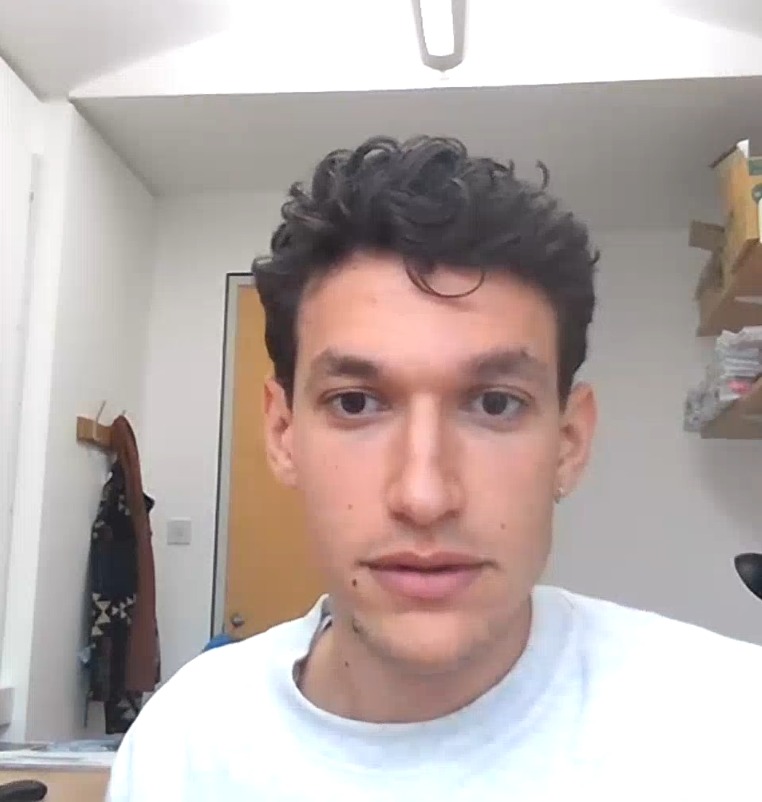
Although we are talking about Europe, Mathieu Blondeel, Research Fellow at the University of Warwick in the United Kingdom and expert on global energy and climate politics, suggested that we should take a look at the continent on the Southern side. African countries could possibly help us out in terms of energy, migration, etc. Why don’t we view some of the Northern African countries as part of Europe to a certain extent if they could provide things that Europe couldn’t even think of? We should look further than Europe itself. Perhaps just those countries could be a handy tool to shift Europe’s energy supplies, and maybe open new relationships across borders.
Approaching Africa
An economic relationship in the field of energy supply with Africa opens a lot of possibilities but raises some ethical questions. The EPC suggested the usage of Northern African countries for gas supply and thus attempted to improve relations with countries across European borders. This topic has been severely discussed and resulted in split opinions.
Journalist and media officer at investigative-journalist-NGO “C.E.O.” Hans Van Scharen disagrees with the morality of the idea: “If it’s about getting gas or oil or whatever fossil fuels from Africa, it’s not what you should do. While we know this is a very dangerous approach because you get dependent on the goodwill of authoritarian regimes, you are still sticking with the same energy supplies of which science is telling us we need to get rid of. From an ethical point of view, it’s completely understandable that African governments would be wanting to sell these energy resources to a rich part of the world, Europe or others, whereas they actually might need that to provide their own economy or their own societies.”
A politician from the Workers’ Party of Belgium and a member of the European Parliament’s committee of Industry, Research, and Energy – Marc Botenga (Left) also feels very strongly about approaching African relations in a humane way. While also pointing out the current political conflicts in western Africa, he stated: “We, as European governments and the European Union, need to change our approach to Africa. We can no longer look at Africa like they will give us the energy, or we will take it. I think we need a respectful dialogue with all of these governments.”
Bram Claeys agrees with that approach and suggests some solutions for working with Northern African countries in a more productive way.
“Africa is not a power. Africa, unfortunately, is mainly the object of other people’s power politics.”
Sven Biscop, Professor at Ghent University, Director of the “Europe in the world” programme.
Moroccan cooperation
Kathleen Van Brempt thinks of Morocco as a possible country for Europe to cooperate with. Van Brempt is a member of the Belgian socialist party ‘Vooruit’ and a Member of the European Parliament.
Kathleen Van Brempt sees Morocco, a member of the Northern-African countries, as a solution of an ideal cooperation with the African continent, and a convenient situation to let Morocco bring the rest of Africa together to connect with Europe.
The capability of Africa battling climate change
Another subject in need of discussion is climate change. Member of the Green party, Sara Matthieu, observes that some projects to combat climate change were left behind due to the energy crisis. Since Africa is much affected by the results of global warming as well, it makes the capability of the continent to lend energy and thus cooperation with Europe questionable.
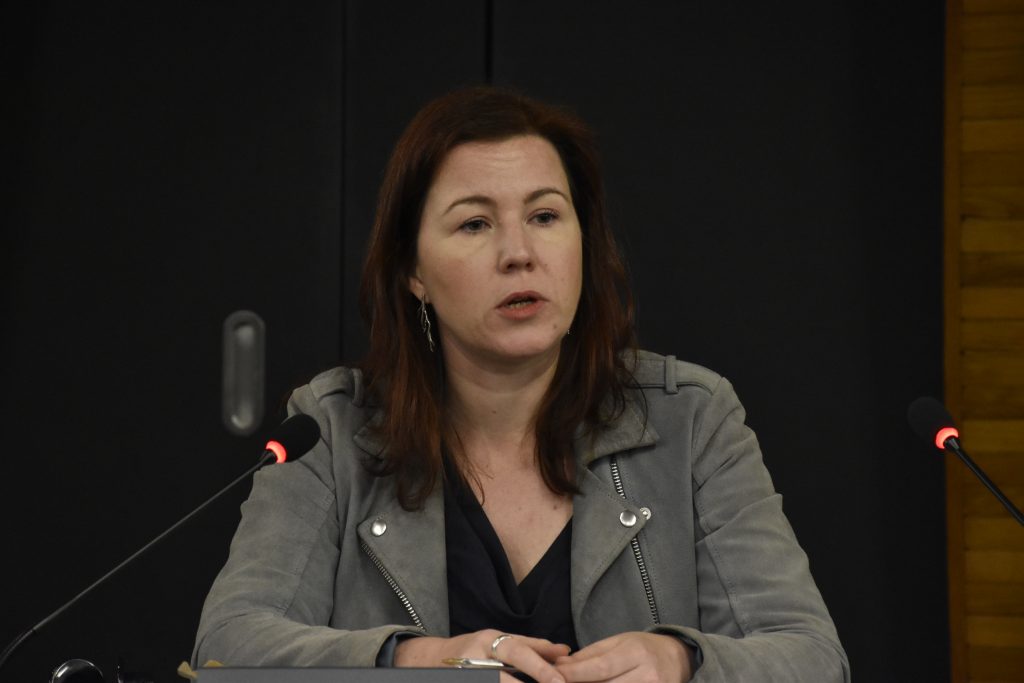
Climate change in Africa is worse than in every other continent in the world. The World Meteorological Organization states in an article of the 9th of September 2022 that climate change in Africa is of big concern. “Africa’s climate has warmed more than the global average since pre-industrial times (1850-1900). In parallel, the sea level rise along African coastlines is faster than the global mean, contributing to increases in the frequency and severity of coastal flooding and erosion, and salinity in low-lying cities.”. Sara Matthieu says that we could also see a positive side of the energy crisis in terms of climate change.
“They are doing crisis management all the time and making sure that we have enough gas or enough electricity”, says Hans Van Scharen. “And they’re all scared of their own shadow. But there are plans, there is technology, and there are ideas about how to finance this because it will cost a lot of money, but it’s doable. It’s not a utopia. It’s about political will and it’s about finance. And it’s about, most importantly, breaking the power of big multinationals.”
